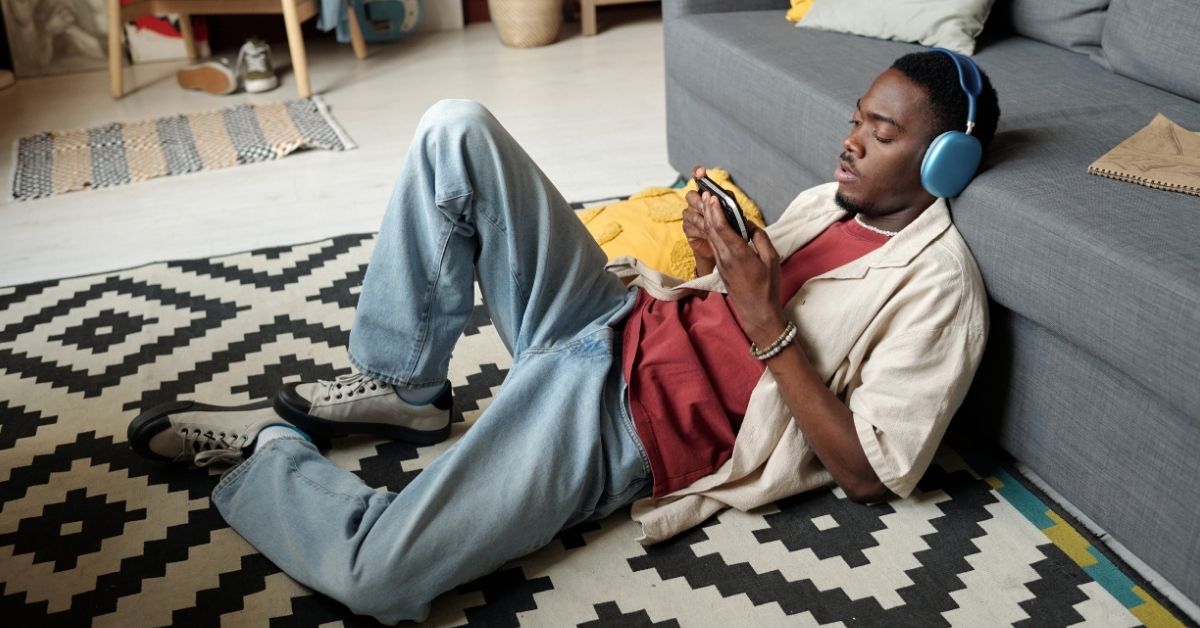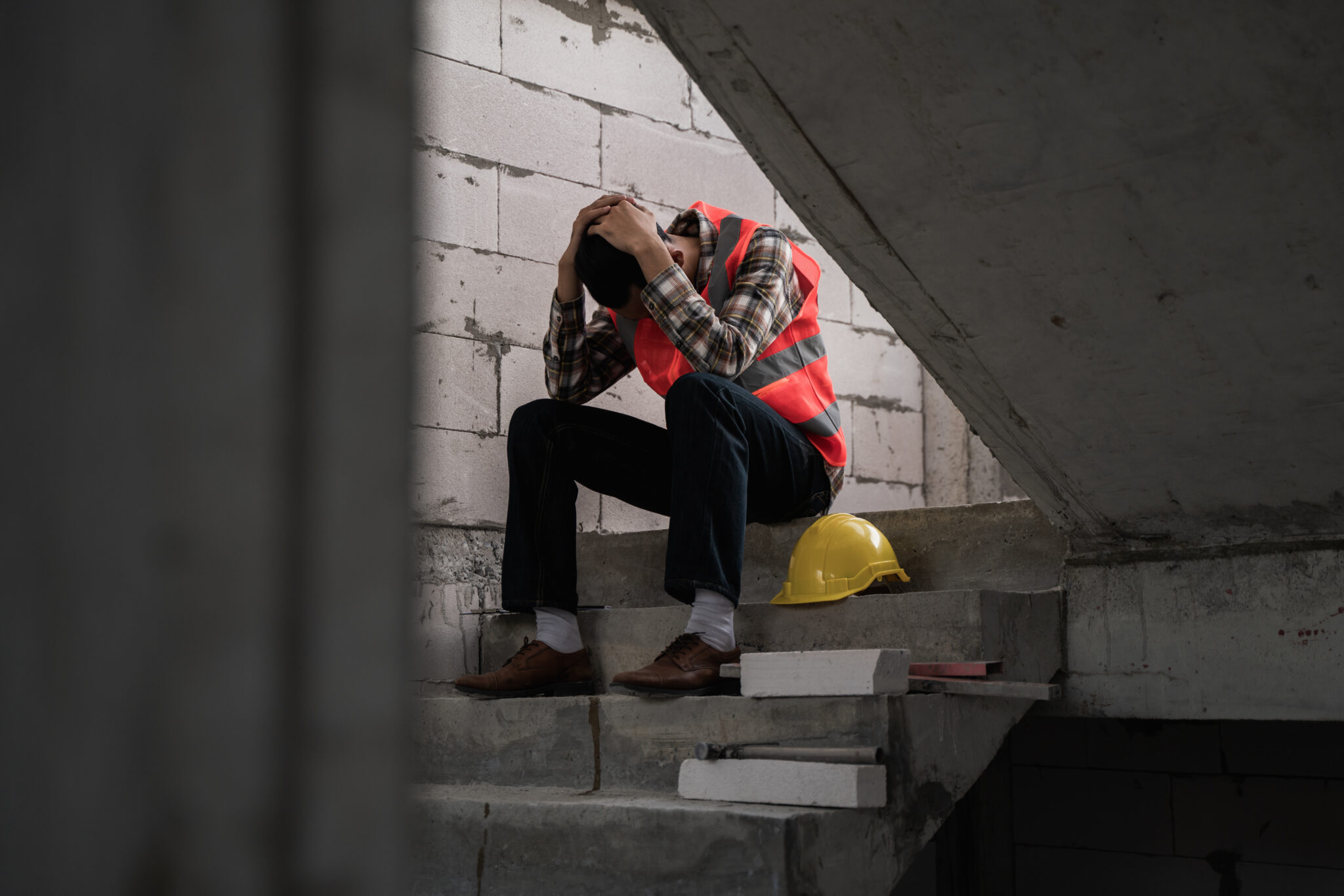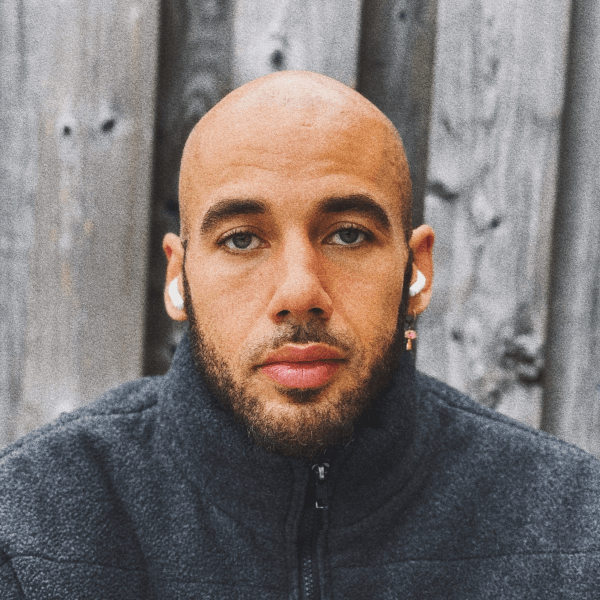Mindfit Toolkit
Mental Wellness for Men
You’re not alone. Mental health tools for men to manage stress, anxiety, and depression.

Feeling stuck?
If stress, anxiety, or feeling down starts to interfere with your life, it’s time to take action.
Meet Fix-It Guy
Meet Gamer Guy
Check-in with a few simple questions
Review the common signs and see if chronic stress, anxiety, or depression may be impacting your health.
These validated self-assessments can help identify signs and symptoms of anxiety and depression and how it impacts your health, but are not intended as medical advice or a substitute for obtaining medical advice.
Anxiety
Common signs:
Depression
Common signs:
Call or text 9-8-8 toll-free, anytime.
If you are thinking about suicide, or you’re worried about someone else, call or text 9-8-8 for 24/7 support. Access specialized support from the helplines below.
Virtual Counselling
We’re working together with TELUS Health MyCare™ to reduce financial barriers and help more men access professional mental health support from the comfort of their homes.

Virtual 1:1 Sessions
Get help identifying issues, learning skills and exploring tools to tackle whatever life throws at you, right from your phone.
Access a special offer for up to three virtual counselling sessions and find out if you qualify to receive sessions at no cost.*
If you’re new to counselling, check out this quick overview on what to expect in a session.
Fund A Counselling Session
Every year, our counselling programs reach capacity, leaving countless men in need of support. Your donation gives another man a lifeline.
Expert Advice
Learn helpful mental health tips from clinical counsellors and registered psychologists, created for men and their families.
12 people die by suicide each day in Canada: 3 out of every 4 suicide deaths are by men
Recognize the Signs
Understand the warning signs that may indicate yourself or a man you care about might be considering suicide. Any significant change in behaviour can be a warning sign.
Warning Signs
Get more mental health tips
Sign up for the monthly Don’t Change Much newsletter:
Thank You to Our Partners
The MindFit Toolkit and barrier-free mental health counselling are made possible thanks to the generous support from the following CMHF partners and sponsors.





The MindFit Toolkit information, resources and tools were reviewed and developed in partnership with medical experts.
Sharing Really is Caring!
Is there a man in your life who could benefit from these resources? Here’s an easy way to share it.
*TELUS Health MyCare mental health counselling services are currently available in British Columbia, Alberta, Ontario and Quebec. Offer available for up to 3 (three) counselling appointments at no cost for men without extended health benefits for counselling and $115/session for men with extended health benefits for counselling. Sessions must be booked and completed by 12/31/2025. Users must be 16 years or older to access counselling appointments. Counselling appointments booked or completed after the offer has been redeemed or has expired require a payment of $120 plus applicable tax. Any payments for appointments must be paid using a valid credit card. An in-app receipt will be provided for you to claim for reimbursement if applicable. Only one offer is permitted in a client’s account at one time. For any support required with promo codes, please call TELUS at 1-855-577-8838 or email at [email protected]

























